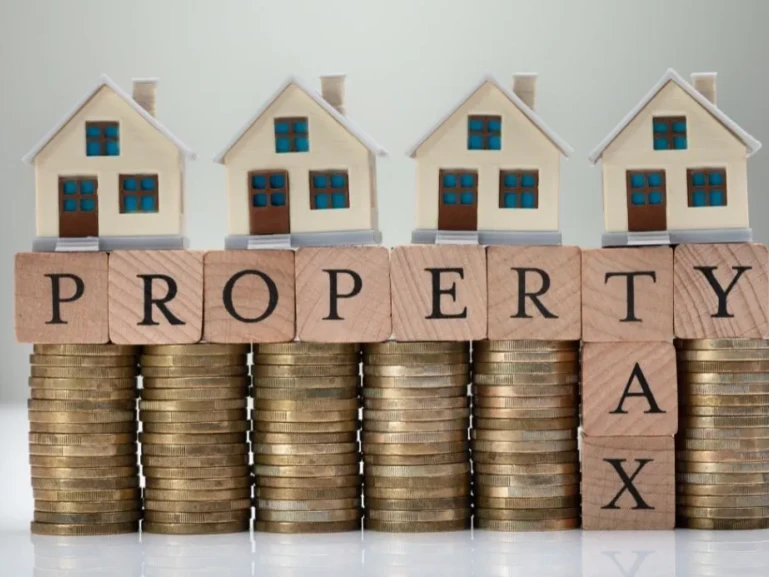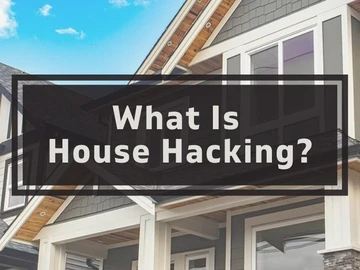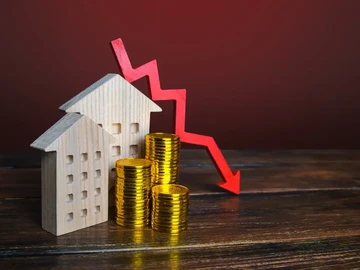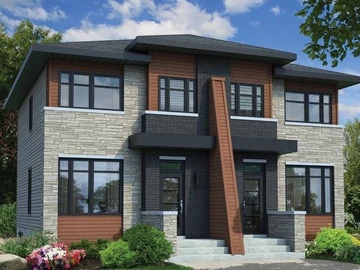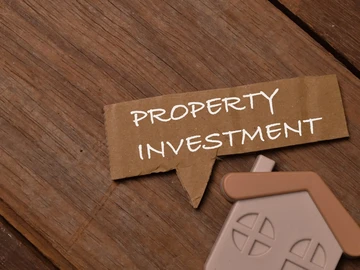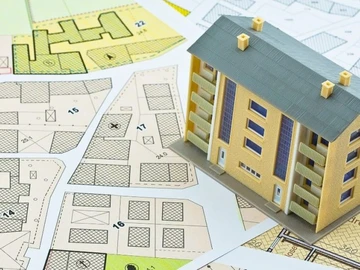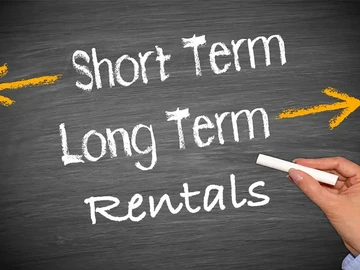Property ownership in Zimbabwe comes with tax obligations that every homeowner, landlord, or investor should understand. Whether you are buying, renting, or selling real estate, property taxes directly affect your returns on investment (ROI).
In this article, we’ll break down the types of property taxes in Zimbabwe, how they are charged, and what exemptions and reliefs exist for homeowners, developers, and investors.
Why Property Taxes Matter
- They are a major source of revenue for local authorities such as Harare City Council and Bulawayo City Council.
- They fund essential services like waste collection, water supply, and road maintenance.
- For investors, they impact cash flow, property values, and resale opportunities.
Quick Stat: According to Harare City Council reports, property taxes account for up to 40% of municipal revenues in urban areas.
Main Types of Property Taxes in Zimbabwe
1. Rates (Municipal Property Tax)
- Paid annually or quarterly to local councils.
- Based on the value of the property (often assessed by the local authority).
Example: A house in Borrowdale with a market value of US$250,000 may attract annual rates of around US$600–800, depending on council valuations.
Tip: Non-payment of rates can lead to legal action or auctioning of the property.
2. Capital Gains Tax (CGT)
- Applies when selling a property.
- Charged at 20% of the gain for individuals and 5% of gross proceeds for companies.
- Exemptions: The sale of a primary residence or transfers within families may qualify for relief.
Example: If you bought a stand in Ruwa for US$20,000 and sold it for US$50,000, your taxable gain is US$30,000. At 20%, CGT = US$6,000.
3. Value Added Tax (VAT) on Property Sales
- Applies mainly to developers and companies selling newly built houses or stands.
- Charged at 15%, unless the property is exempt (e.g., residential dwellings often qualify for exemptions).
4. Stamp Duty
- Paid to the Zimbabwe Revenue Authority (ZIMRA) during property transfers.
- Ranges from 1–4% of the property value, depending on the price bracket.
Example: On a US$100,000 house purchase, stamp duty = US$3,000.
5. Withholding Tax on Rentals
- Applies to rental income earned by non-resident landlords.
- Charged at 15% of gross rent.
- Local landlords must declare rental income in their annual tax returns.
Property Tax Exemptions and Reliefs
Not all property transactions are fully taxable. Zimbabwe’s tax system offers several exemptions and reliefs:
1. Principal Private Residence Exemption
- If you sell your primary home, you may be exempt from Capital Gains Tax.
2. Inheritance and Estate Transfers
- Transfers through inheritance are generally exempt from CGT and stamp duty.
3. Agricultural Land Transfers
- Certain agricultural land sales to the State or qualifying farmers may enjoy exemptions.
4. Special Economic Zones (SEZs)
- Investors in designated SEZs (e.g., Victoria Falls SEZ) may benefit from tax holidays, reduced duties, and exemptions on property-related taxes.
Common Mistakes to Avoid
- Ignoring rate arrears: councils can auction properties.
- Misreporting sale prices: ZIMRA uses market valuations for tax checks.
- Overlooking exemptions: many investors pay more than necessary.
Real-Life Example
- A Harare-based investor bought a townhouse in Greendale in 2018 for US$120,000.
- In 2024, he sold it for US$200,000.
- Capital Gain = US$80,000.
- CGT @ 20% = US$16,000.
- However, because the townhouse was his principal residence, he successfully applied for an exemption and saved the full US$16,000.
Conclusion
Property taxes in Zimbabwe are unavoidable, but understanding how they work and applying exemptions can save investors thousands of dollars.
For 2025, the smartest strategy is to:
- Stay compliant with ZIMRA and council payments.
- Leverage exemptions for primary residences, inheritance, and SEZ investments.
- Plan taxes before selling or renting, so your ROI isn’t eroded by surprise costs.
 Continue with Facebook
Continue with Facebook
 Continue with Email
Continue with Email

